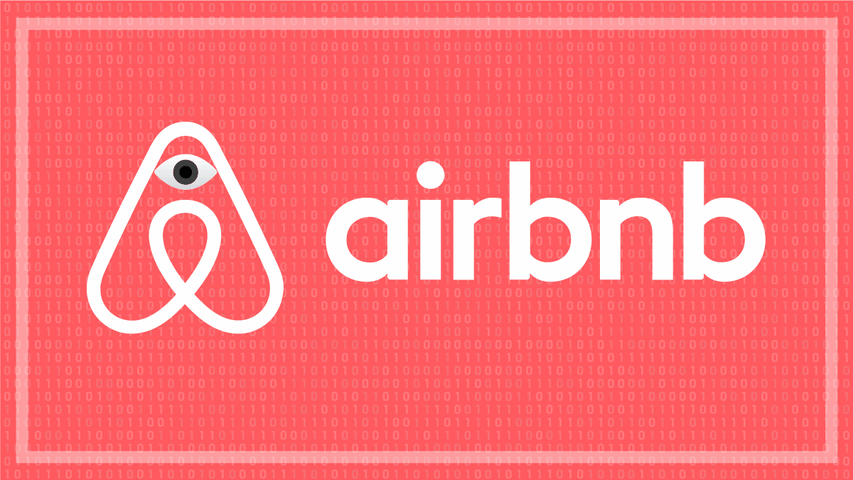Tools
Entities
View all entitiesCSETv0 Taxonomy Classifications
Taxonomy DetailsProblem Nature
Specification
Physical System
Software only
Level of Autonomy
Medium
Nature of End User
Amateur
Public Sector Deployment
No
Data Inputs
user Facebook activity, user social network data
CSETv1 Taxonomy Classifications
Taxonomy DetailsIncident Number
93
Notes (special interest intangible harm)
HUD alleged that Facebook restricted who saw ads based on users' age, gender, zip code, religion, citizenship, and more.
Special Interest Intangible Harm
yes
Date of Incident Year
2019
Date of Incident Month
03
Estimated Date
No
Risk Subdomain
1.1. Unfair discrimination and misrepresentation
Risk Domain
- Discrimination and Toxicity
Entity
AI
Timing
Post-deployment
Intent
Unintentional
Incident Reports
Reports Timeline

The Department of Housing and Urban Development (HUD) on Thursday charged Facebook with encouraging and enabling housing discrimination through its targeted advertising practices.
HUD is charging Facebook with violating the Fair Housing Act…

The federal government is suing Facebook over allegations of housing discrimination in the social network's advertising platform.
The U.S. Department of Housing and Urban Development on Thursday announced that it is charging Facebook with v…

Last week I watched a webinar (additional cost) that is available on the NAFCU Online Training Center titled Red Flags for Fair Lending. The webinar was presented live in March of this year on the same day that the United States Department …

The Department of Justice announced today that it has obtained a settlement agreement resolving allegations that Meta Platforms Inc., formerly known as Facebook Inc., has engaged in discriminatory advertising in violation of the Fair Housin…






